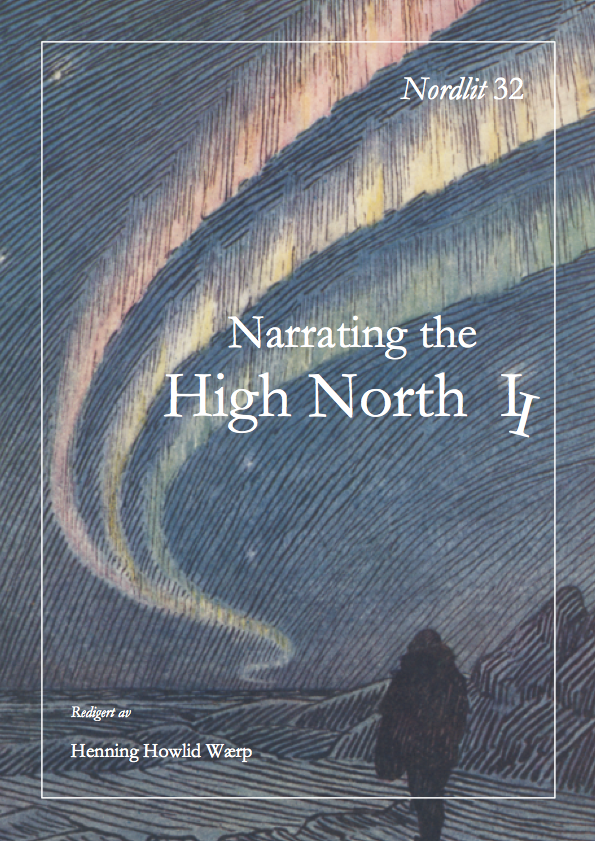"My petticoat encumbrances"; the 'female adventurer' and the north
DOI:
https://doi.org/10.7557/13.3127Emneord (Nøkkelord):
Arctic travel, Ethel Tweedie, Helen PeelSammendrag
Focussing on the northern travelogues of two women travellers from the late nineteenth century, Ethel Brilliana Tweedie’s A Winter Jaunt to Norway: with Accounts of Nansen, Ibsen, Bjornson, Brandes, and Many Others and Polar Gleams; an Account of a Voyage on the Yacht ‘Blencathra’ by Helen Peel, this article suggests that rather than presenting a polarized gendered perspective of Arctic travel, in their writing Peel and Tweedie negotiate between masculine and feminine-coded associations in order to legitimate and popularize their travels, whilst remaining within the conventions of Victorian femininity. Of the strategies for ensuring the apparent propriety of their text, the references to clothing are highly significant on several levels. Not only could Peel and Tweedie show their adherence (or not) to conventional feminine dress through their descriptions of their clothing, they could also illustrate their relationship to other travellers and the Norwegians they encountered. Thus the ‘petticoat encumbrances’ have a double function in the text. Symbolic of Victorian conventions of femininity and their limitations on women, the adherence to sartorial norms at least indicated to readers and critics of the woman traveller’s compliance with gender conventions. This achieved, the woman travel writer had more scope to embark on her remarkable journey and to write about its potential adventures with enthusiasm as a ‘female adventurer’ and still remain within the acceptable boundaries of late-Victorian femininity.









